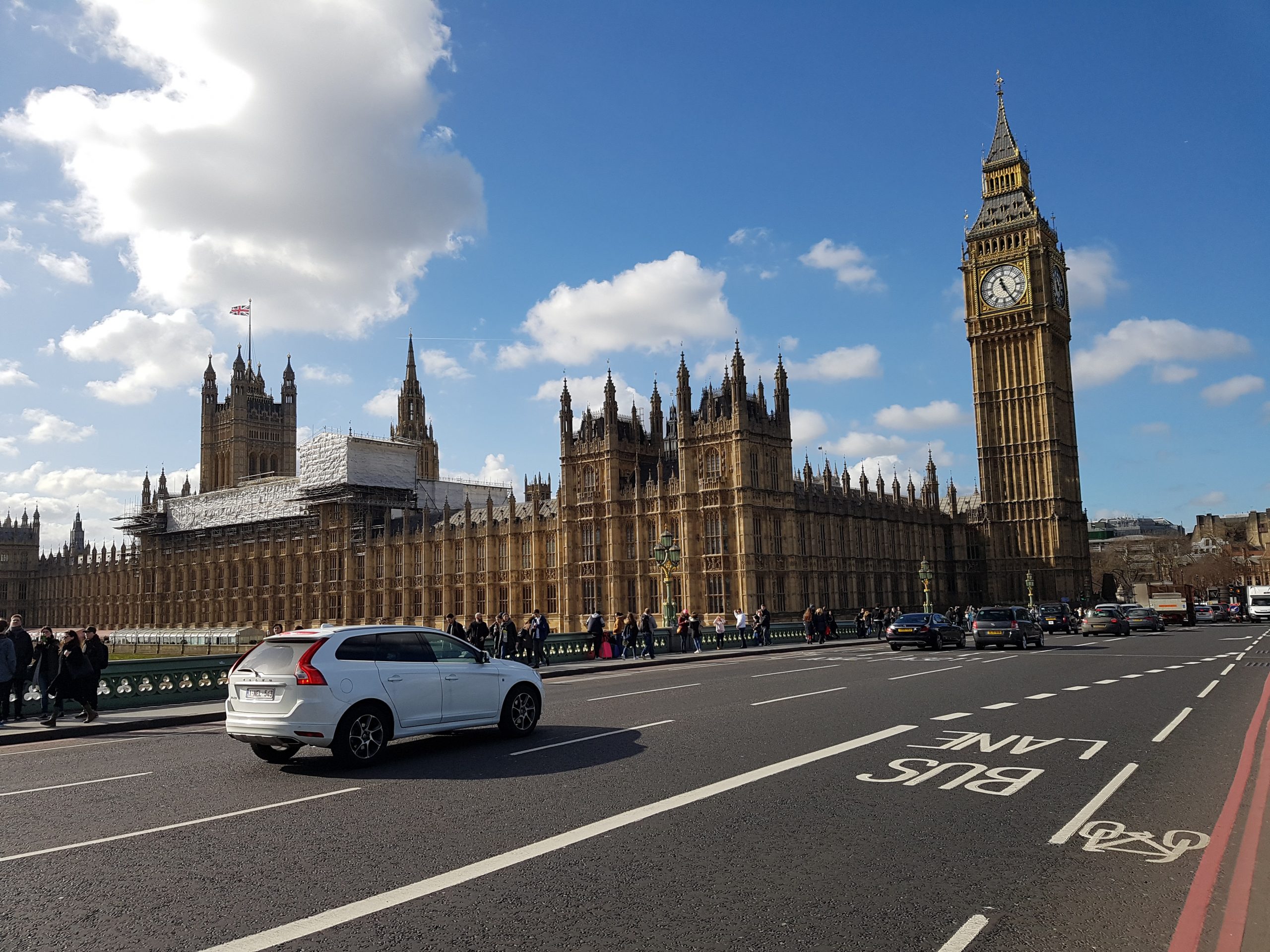Driving offences in the UK can result in serious legal consequences, particularly when the custody threshold is passed. When individuals commit certain driving offences that are deemed severe or dangerous, they may face the possibility of custodial sentences.
Let’s have a look at the driving offences that can lead to custody when the threshold is crossed, providing important insights into the legal ramifications and consequences involved.
It is crucial to learn about these offences, especially drivers, so they can uphold road safety and comply with the law.
Dangerous Driving
Dangerous driving is a serious offence that encompasses reckless and irresponsible behaviour on the road, posing significant risks to the safety of others. It involves driving in a manner that falls far below the expected standard, endangering lives and property.
Consequences: If convicted of dangerous driving, you may face custodial sentences, which can range from months to years, depending on the severity of the offence.
Additionally, you may receive substantial fines, driving disqualifications, and penalty points on your license. The court has the discretion to determine the appropriate custodial sentence based on the circumstances of the case.
Drink or Drug Driving
Driving under the influence of alcohol or drugs is a serious offence that endangers the lives of both the driver and others on the road. It is illegal to drive with a blood alcohol concentration above the prescribed limit or while impaired by drugs.
In England, Wales and Northern Ireland, the legal alcohol limit is 80 milligrams of alcohol per 100 millilitres of blood.
Consequences: When you pass the custody threshold in cases of drunk or drug driving, you can face custodial sentences, along with substantial fines and driving disqualifications.
The severity of the sentence depends on factors such as the level of intoxication, previous convictions, and any harm caused to others. Offenders may also be required to undergo mandatory rehabilitation programs.
Death by Dangerous Driving
Death by dangerous driving is a tragic offence that occurs when a person’s dangerous driving leads to the death of another individual. It is considered one of the most serious driving offences in the UK, with severe legal consequences.
Consequences: If found guilty of causing death by dangerous driving, offenders can expect lengthy custodial sentences, often spanning several years. They may also receive substantial fines, driving disqualifications, and an extended period of license revocation.
The court takes into account the circumstances surrounding the incident, including factors such as speed, impairment, and previous driving history.
Driving While Disqualified
Driving while disqualified is a serious offence that occurs when you continue to drive despite being disqualified from holding a valid driving license. This offence demonstrates a disregard for the law and the terms of the disqualification.
Consequences: When the custody threshold is passed in cases of driving while disqualified, offenders can face custodial sentences, fines, and an extension to their disqualification period.
The court considers factors such as the duration of the disqualification, previous convictions, and any aggravating circumstances when determining the appropriate sentence.
The Final Word
Driving offences in the UK can result in custodial sentences when the custody threshold is crossed. Offences such as dangerous driving, drunk or drug driving, death by dangerous driving, and driving while disqualified carry significant legal consequences.
It is crucial for all drivers to understand the severity of these offences and their potential ramifications. Prioritizing road safety and compliance with the law can help the community create safer road environments for everyone.


